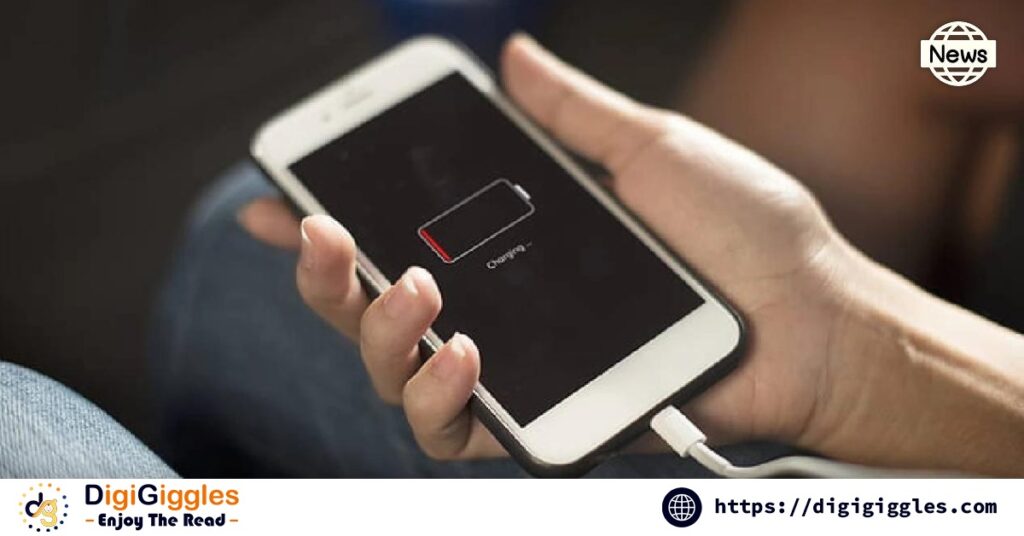
In a significant technological advancement, Ankur Gupta, an Indian-origin assistant professor of chemical and biological engineering at the University of Colorado Boulder, has unveiled a groundbreaking technology that promises to revolutionize the way we charge our electronic devices. This innovative method allows laptops and smartphones to be fully charged in just one minute and electric cars in a mere ten minutes.
Revolutionizing Energy Storage
Gupta’s research, published in the esteemed journal Proceedings of the National Academy of Sciences, delves into the movement of tiny charged particles known as ions within a complex network of microscopic pores. This discovery has the potential to lead to the development of highly efficient energy storage devices, such as supercapacitors. These devices boast rapid charging times and longer life spans compared to conventional batteries, making them ideal for a wide range of applications.
The Impact on Daily Life
In today’s fast-paced world, we spend a considerable amount of time tethered to chargers, waiting for our electronic devices to power up. Imagine a future where you can charge a dead laptop or smartphone in just a minute. This is no longer a distant dream but a soon-to-be reality thanks to Gupta’s innovative approach.
Moreover, this technology extends beyond personal electronics. The same principles can be applied to electric vehicles, significantly reducing their charging time to just ten minutes. This advancement could play a crucial role in accelerating the adoption of electric cars, addressing one of the primary concerns of potential buyers—long charging times.
Power Grids and Energy Efficiency
Gupta’s breakthrough is not limited to personal and vehicular applications. It also holds promise for enhancing energy storage in power grids. Efficient energy storage is essential for managing fluctuating energy demands, avoiding wastage during periods of low demand, and ensuring a rapid supply during peak times. Gupta’s research offers a solution that could make power grids more efficient and reliable.
Understanding the Science
The core of Gupta’s discovery lies in understanding ion movement in porous materials. Traditionally, chemical engineering techniques have been used to study flow in materials like oil reservoirs and water filtration systems. However, their application in energy storage systems has been limited. Gupta’s team has harnessed these techniques to study ion flow, uncovering new insights into how ions move within the intricate networks of pores found in supercapacitors.
Supercapacitors, which store energy through ion accumulation, are known for their speed. “The primary appeal of supercapacitors is their rapid charging and discharging capabilities,” Gupta explained. “Our research aims to enhance the efficiency of ion movement, thereby speeding up these processes.“
Redefining Kirchhoff’s Law
One of the most exciting aspects of Gupta’s research is its challenge to Kirchhoff’s law, a fundamental principle that governs current flow in electrical circuits. Unlike electrons, which move due to electric fields alone, ions are influenced by both electric fields and diffusion. Gupta’s team discovered that ion movements at pore intersections differ significantly from what Kirchhoff’s law describes. Before this study, ion movements were only understood in straight pores. This research provides a new framework for simulating and predicting ion movement in complex networks of interconnected pores within minutes.
“This is the leap of the work,” Gupta stated. “We found the missing link.“
Future Implications
Gupta’s groundbreaking research not only paves the way for faster charging times for electronic devices and electric vehicles but also offers a path toward more efficient and reliable energy storage systems for power grids. This discovery represents a significant step forward in the field of chemical engineering and energy storage, with far-reaching implications for our daily lives and the global energy landscape.
Ankur Gupta’s innovative technology heralds a new era of energy storage and charging capabilities, promising to make our lives more efficient and less dependent on lengthy charging times. This breakthrough is poised to transform the way we interact with our electronic devices and manage energy resources, setting the stage for a more sustainable future.